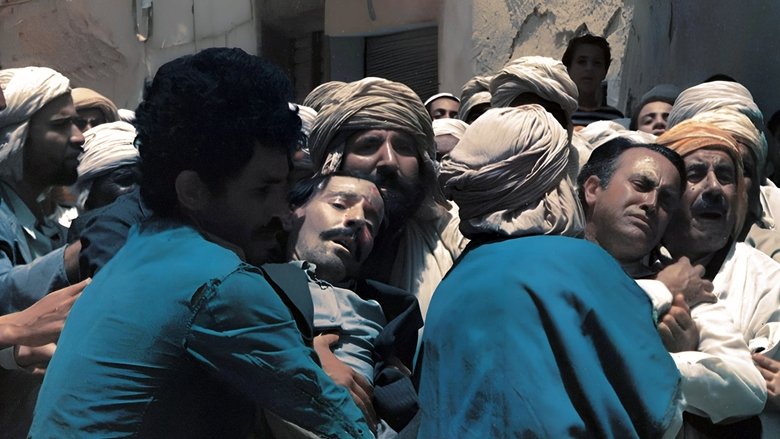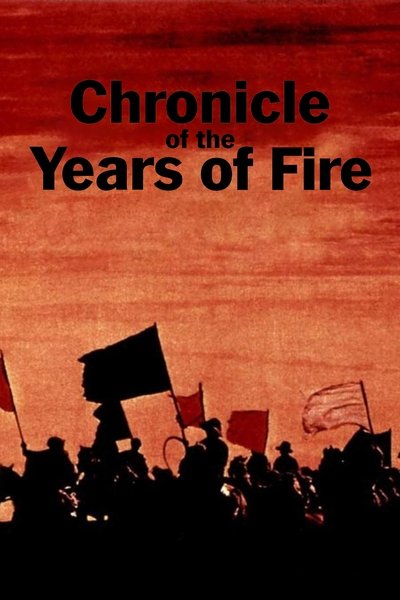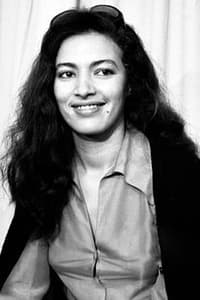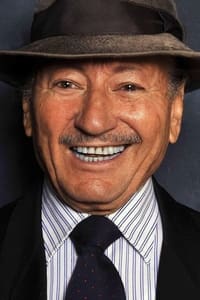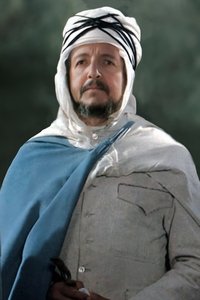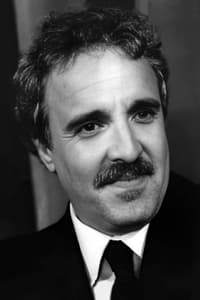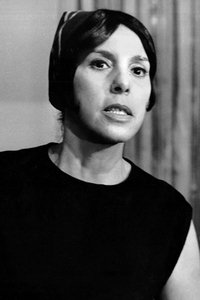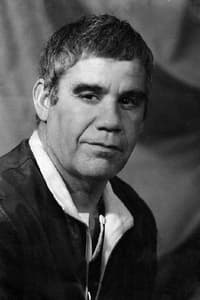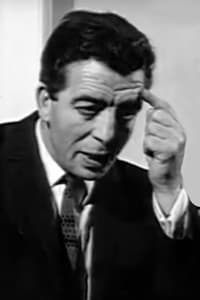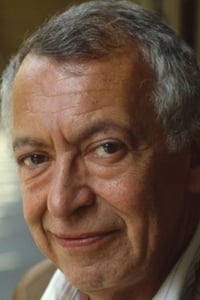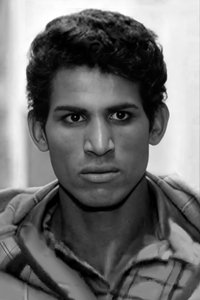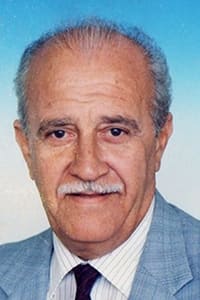Chronicle of the Years of Fire
Genres
DramaWarHistory
OverView
A meticulous chronicle of the evolution of the Algerian national movement from 1939 until the outbreak of the revolution on November 1, 1954, the film unequivocally demonstrates that the "Algerian War" is not an accident of history, but a slow process of suffering and warlike revolts, uninterrupted, from the start of colonization in 1830, until this "Red All Saints' Day" of November 1, 1954. At its center, Ahmed gradually awakens to political awareness against colonization, under the gaze of his son, a symbol of the new Algeria, and that of Miloud, half-mad haranguer, half-prophet, incarnation of Popular memory of the revolt, the liberation of Algeria and its people.
Others
Budget
$--
Revenue
$--
Status
Released
Original Language
Arabic
Runtime
177 mins
Rating
6.4/10
Release Date
26 November 1975
Country
Algeria
